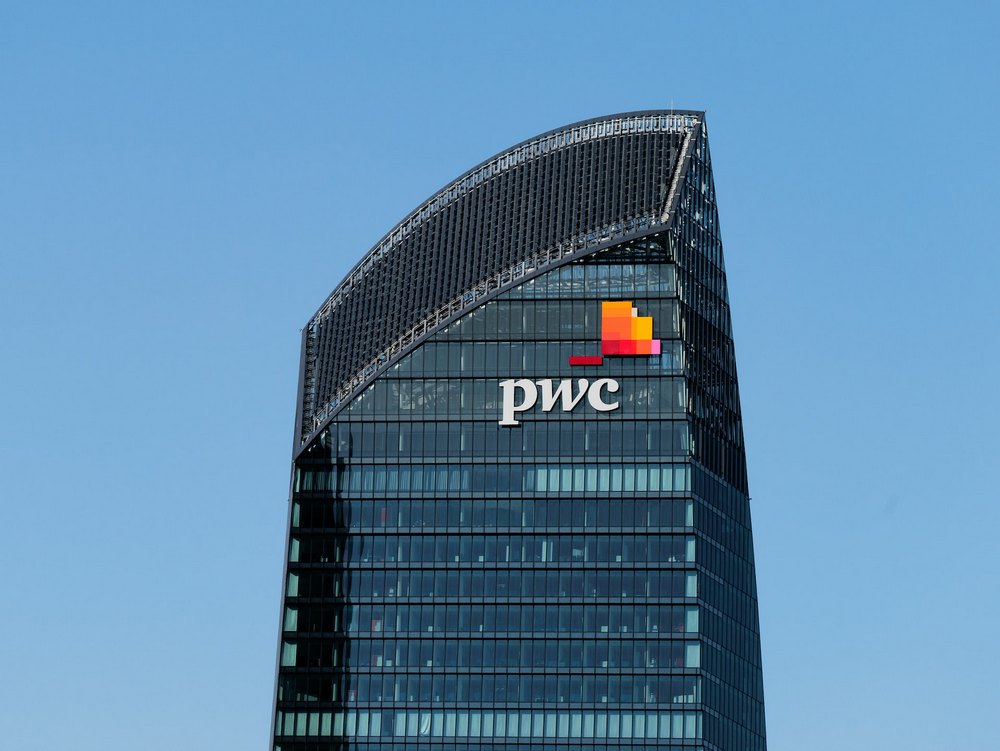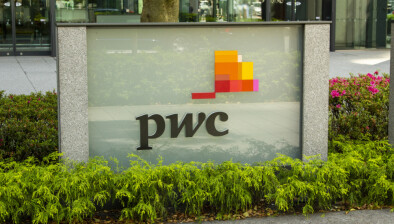PwC: Scottish hotels need fresh strategy for 2023 to face industry challenges head-on

Scotland’s hoteliers face challenging conditions as recovery looks set to stall following stronger than expected demand for rooms in 2022, PwC has warned.
PwC’s annual UK Hotels Forecast for 2022-23 has looked at hotel performance in Scotland, as well as other regions throughout the UK, and noted the close link to GDP meaning that after a relatively strong start to 2023, regional hotel performance is expected to tail off and turn negative by the third and fourth quarters, ending the year with occupancy growth of just two percentage points on 2022.
In real terms, the annual daily rate (ADR) is set to fall gradually throughout the year to just below pre-pandemic levels.
Inflation, energy costs and rising interest rates remain major factors impairing the industry’s recovery north of the border, in addition to staffing shortages and supply chain disruption.
These challenging conditions for the industry come on the back of Scotland and other UK regions largely outperforming the previously forecasted scenario for ADR and RevPAR although occupancy was hit by a softening in demand for staycations during the summer of 2022 as people headed overseas for guaranteed sunshine.
Hotels in Scotland, which count ‘staycationers’ as a key market, could be particularly impacted by a predicted softening in UK domestic leisure demand in 2023 in accordance with PwC’s data. A consumer survey conducted by the firm in October 2022 suggests just 21% of people who expect to cut back on holiday spending would switch to the UK instead of going abroad, with 17% revealing plans to take fewer shorter breaks.
And with more than 2,700 rooms set to open in the coming years across Glasgow and Edinburgh, there is a risk of oversupply in the short term given the forecast fall in occupancy levels in the regions for 2023. This risk is particularly prevalent for Glasgow, which is set to see 2,200 rooms enter the market – 64% of which are due to open during 2023-24 – representing the largest increase in room supply to the city since 2018.
Whilst Glasgow will see the lion’s share of new rooms for Scotland, the capital has 577 rooms currently under construction and due to open over the next couple of years – equivalent to four per cent of total supply. The bulk sits firmly in the luxury segment with the 2023 opening of the 253-room W Hotel, which is a huge coup for the city. However, this limited supply isn’t expected to impact performance in the short term. In fact, as the city continues its recovery – with myriad opportunities as a tourist hub for overseas visitors taking advantage of favourable exchange rates – demand is forecast to grow ahead of additional supply.
Major events moving back to full capacity – including the city’s flagship UCI Cycling World Championships – could offer a boost to Glasgow; while Edinburgh, a key player in international tourism, stands to benefit from growing numbers of international visitors taking advantage of a favourable exchange rate if the pound sterling remains weak against the dollar.
The regions have a forecasted 77.1% occupancy rate for 2023. This could see ADR reach £70.80 and REVPar £54.70 in real terms.

Susannah Simpson
Susannah Simpson, private business leader at PwC Scotland, said: “After what has already been a turbulent few years for the industry, hoteliers in Scotland must continue to demonstrate the same strong resolve to overcome the headwinds of inflation, energy costs and staff shortages that threaten to derail recovery in 2023.
“However, there are opportunities to be had for hotels across Scotland. Whilst Glasgow is set to welcome a raft of new rooms over the coming years, prompting some concerns regarding oversupply with the potential to hamper RevPAR growth in the short to medium term, the city remains one of the world’s most renowned when it comes to sporting and cultural events.
“This year’s leisure-driven demand has been key to the city’s recovery, particularly arena-led room nights, so events returning at full capacity in 2023 – including the UCI Cycling World Championships – offers a positive outlook for Scotland’s largest city. Weekend events have supported recent performance growth, while the return of larger conferences and exhibitions is expected to support future midweek RevPAR growth.
“Overall, there’s a real need for hotels to get back to basics with a clear-cut strategy allowing them to emerge stronger and more resilient for the future. Even with a new dimension to running costs thanks to the latest economic disruption, a sound and solid management strategy can still perform consistently.”
Impact factors and solutions
In general, PwC suggests looking at mitigating inflation on costs such as energy costs, staffing and supply chain to find solutions to market recovery. Although hotels will be aided by the Energy Bills Relief Scheme (EBRS), which is currently only stated to last until the end of Q1 of 2023. Hotels must look to other energy consumption reduction measures such as reducing the room and water temperature in the short term or investing in solar energy measures that will reap longer term benefits. PwC also suggests a review of manual processes that can be digitised such as payroll or customer service measures such as self check in and check out.
The current labour shortage across the market has hugely hit the hospitality sector. Between July and September 2022, there were 159,000 vacancies in the accommodation and food sector - a 5.7% year on year rise according to the Office for National Statistics. The shortages continue to fuel wage inflation with the National Living Wage forecast to rise by 8.6% to £10.23 in 2023.

Mark Addley
Mark Addley, PwC real estate restructuring leader, commented: “It will be a challenging winter for hotels as energy costs bite, interest rates rise and consumer spending falls. It’s vital for hoteliers to engage stakeholders early and identify ways to reduce costs to mitigate the impact of inflation.
“It is important to forecast your increased expenditure on a line by line basis, to identify which areas should be focussed on as priority. Finding clever ways to resource hotels whilst maintaining quality customer service will increase the likelihood of return visits whether that is in 2023 for consistent business travel or a leisure stay in the years to come.
“Reviewing frequency of guest house-keeping for multi-night stays or a reconsideration of wider facilities opening hours such as bars, gyms and restaurants has been happening across the industry”.
Rising interest rates will put further pressure on many hotels that already have high debt levels, including additional borrowing taken on during the pandemic. Due to debt service capability and potential asset valuation decreases it is likely that hotels will have a lower overall debt capacity. Owners may need to consider how to manage cash reserves and overall debt levels - including capital expenditure and potentially asset sales - as well as having alternative financing options.





